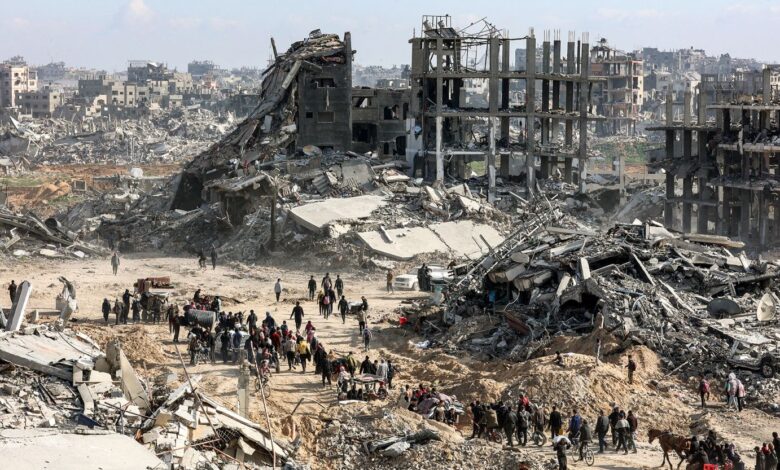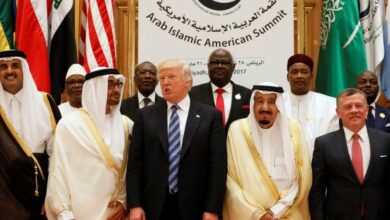Trump’s Gaza War Plan — UAE’s Quiet Stake and the Contested Future

Background & Context
Since the war between Israel and Hamas intensified in October 2023, the international community has debated how Gaza should be governed, reconstructed, and what role different actors, including Hamas, will play. With mounting humanitarian catastrophe and diplomatic pressure, the U.S., under President Donald Trump, is preparing to present a comprehensive post‑war plan during the United Nations General Assembly. Sources confirm the plan removes Hamas from governance, lays out frameworks for refugee relocation, and builds in significant Arab and UAE participation.
Main Elements of the Plan
- Governance without Hamas: A U.S. principle in the plan is that Hamas will be disarmed and excluded from governance. Instead, an interim authority is to be set up—likely technocrat‑oriented—supervised by U.S./Arab states.
- Hostage Release & Ceasefire: The plan includes provisions for a ceasefire paired with the release of hostages, as well as conditional Israeli withdrawal from certain territories.
- Refugee Relocation & Alternative Land: Perhaps the most controversial part: identifying territory outside Gaza for relocation of some Palestinian refugees. Leaks suggest Egypt and Jordan are among potential hosts; some Gulf states may also be involved in offering land or temporary settlement.
UAE’s Role & Interests
- Mohamed bin Zayed’s Awareness & Influence: The UAE President has been briefed on the plan and is believed to be giving approval for its major components.
- Mohammed Dahlan’s Expected Part: Dahlan, a trusted UAE political operative with historical ties in Palestinian politics and diaspora networks, is reportedly being positioned to have a central role in coordinating refugee relocation or reconstruction efforts.
- Diplomatic & Financial Backing: UAE is offering diplomatic cover to make the plan palatable among Arab states, possibly financially underwriting parts of reconstruction, transit, or resettlement operations.
Pushback & Risks
- Palestinian Opposition: Many reject proposals that exclude Hamas or displace populations. Palestinian Authority and civil society warn any plan that doesn’t account for sovereignty or return will be rejected.
- Regional Resistance: Egypt and Jordan have in past instances rejected large‑scale displacement. UAE’s involvement in pushing relocation options may raise tensions with these states.
- Legal & Moral Problems: Critics argue forced relocation violates international law. Concerns exist about voluntary vs involuntary migration, property loss, identity, and long‑term statelessness
What We Learned from Top‑Secret Leaks
- The plan is already drafted to an advanced stage; while not fully public, multiple drafts show sections where Lebanon, Sudan or Sudanese refugee camps or alternative sites were considered.
- UAE has been involved in diplomatic back‑channels arranging meetings with potential receiving countries.
- Internal memos (seen by Dark Box) suggest incentives such as cash, food aid, status guarantees are part of the plan to persuade refugees to relocate.
Conclusion
What is at stake is not just the end of war — but the future of Gaza, the fate of millions of Palestinians, and the regional order. The UAE is not merely a bystander. It is a key player in shaping the terms: who governs, who is displaced, what promises are made — and who is left out.




